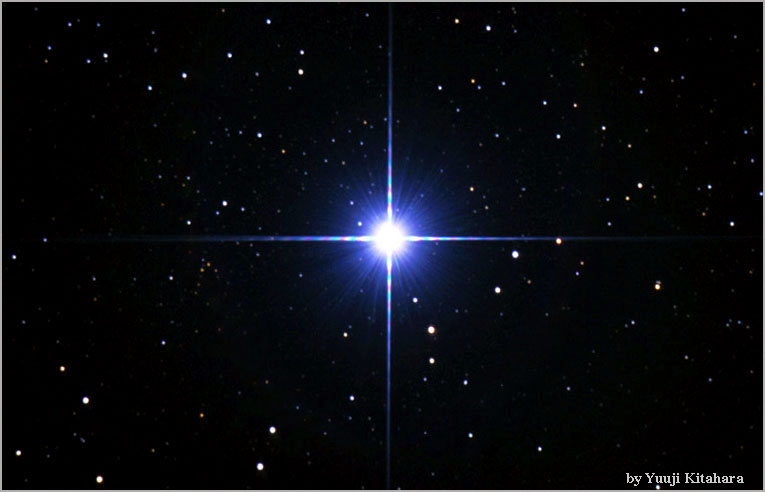
Taken from:
http://www.answersingenesis.org/tj/v17/i3/sothic_theory.asp
...
Current chronology
It should be noted that things chronological have not changed much to this day, for N. Grimal gives that very same year of 1479 as the first year of Thutmose III’s reign.24 Grimal’s date too, of 1785 BC for the close of Egypt’s 12th dynasty, is completely Sothic. ‘Feelings that border on panic seize scholars who trust the Sothic theory when doubt is cast upon it’ wrote David Down, adding that:
‘[Professor] Lynn Rose quotes Sir Alan Gardiner as saying, “To abandon 1786 BC as the year when Dyn XII ended would be to cast adrift from our only firm anchor, a course that would have serious consequences for the history, not of Egypt alone, but of the entire Middle East (JNES 94-4-237)”.’25
But not only has Meyer’s ‘erste sichere Datum’ (first sure date) of 4240 BC long since been abandoned—with c. 3100 BC now favoured as the beginning date for Egyptian dynastic history—even his second Sothic date of 2780 is looking shaky. As P. O’Mara has correctly stated, this figure of 2780 has been re-worked frequently because of what he calls ‘numerous technical complexities, with varying results ranging from 2781 BC to 2772 BC’.26
What is quite firmly held to this day by historians is the third ‘Sothic’ date, c. 1320, for the ‘Era of Menophres’. Grimal’s recent figure of 1295–1294 BC, for instance, is not so very far removed from 1320.26 And this, despite the fact that as early as 1928 ‘ … it was obvious that Meyer had by then completely discarded the Menophres theory’,27 by moving the 19th dynasty forward somewhat from his original date. That many Egyptologists have continued to be far from comfortable with this received chronological structure is apparent from the testimony of the renowned Sir Alan Gardiner:
‘What is proudly advertised as Egyptian history is merely a collection of rags and tatters.’28
Nevertheless, it was also Gardiner who—as we saw above—had warned of the consequences of abandoning the Sothic anchor dates.
Conclusion
The Sothic theory has absolutely bedevilled efforts to establish proper synchronisms throughout antiquity, especially when it is considered that the chronology of the other nations is usually assessed with reference to Egypt. In reference to my thesis on the Sothic cycles (Ref. 5), Dr Grognard remarked: ‘It is important to show the weaknesses or errors in our understanding of a theory in order to leave our minds free to think of a more acceptable alternative’ [emphasis added]. This should be taken as an encouragement for the reconstruction of Egyptian chronology.
....

No comments:
Post a Comment